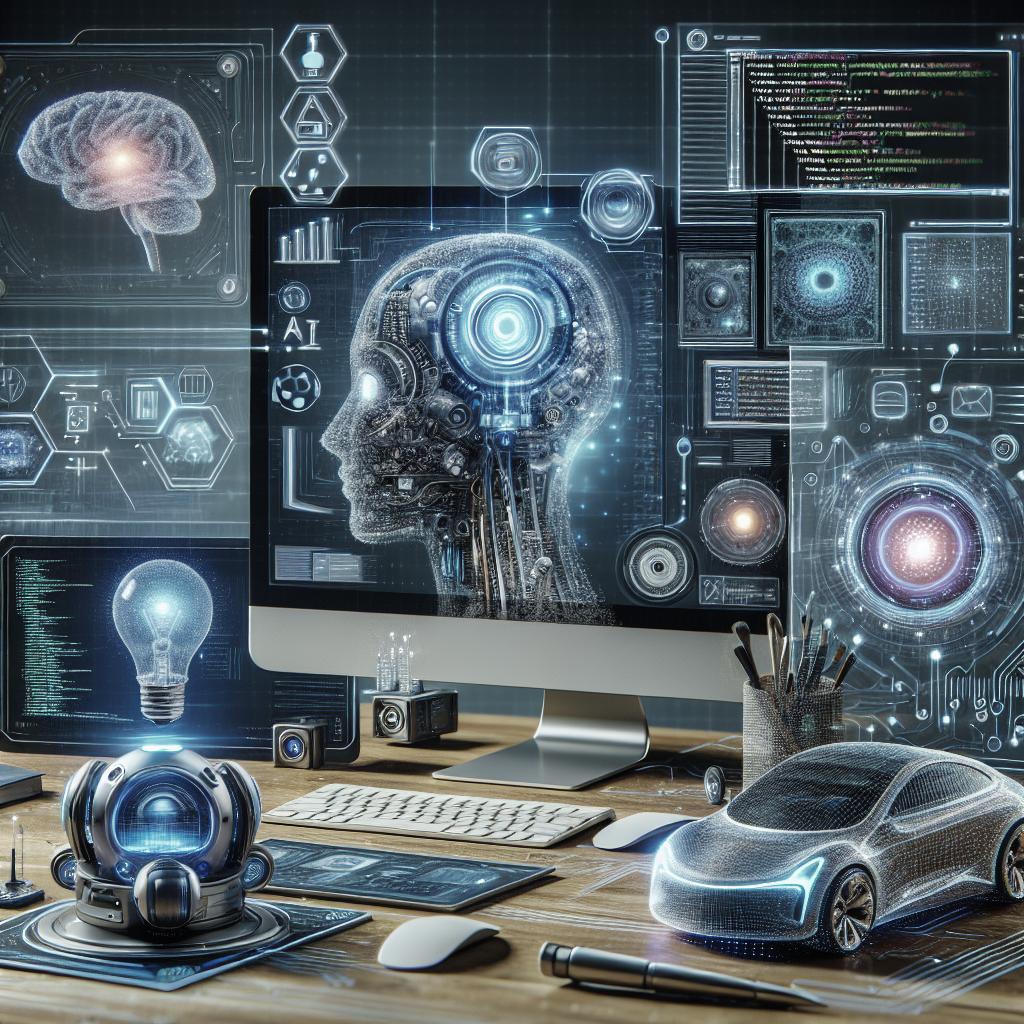“`html
The Implications of Quantum Computing
Quantum computing is set to revolutionize the world of technology by leveraging the laws of quantum mechanics to process information in fundamentally new ways. Unlike classical computers, which use bits to process data, quantum computers use quantum bits or qubits. This allows them to solve complex problems significantly faster. The implications are vast, impacting fields from cryptography to artificial intelligence and beyond. This article explores the essence of quantum computing, outlines when we can expect quantum computers to be practically useful, discusses current challenges, and points you to further resources for more information.
An overview of quantum computing
Quantum computing is an advanced computing paradigm that utilizes principles of quantum mechanics, such as superposition and entanglement, to process complex computations at unprecedented speeds. Whereas classical computers use binary systems of 0s and 1s, quantum computers use qubits, which can represent and store more information because they can exist in multiple states simultaneously.
This new method of processing could lead to exponential speed-ups in addressing computational problems that are currently intractable for classical computers. For example, quantum computers could potentially solve complex mathematical problems, simulate quantum physical processes, and process large amounts of data faster than any existing supercomputer.
Leading technology companies and research institutions across the globe, such as IBM, Google, and Microsoft, are heavily investing in quantum computing R&D. Despite the excitement, quantum computing is still in its nascent stages, which comes with its own set of technical challenges that need to be addressed before it becomes widely applicable.
When quantum will be useful
The practical utility of quantum computing is linked to solving problems that require handling vast amounts of data and computational power. Quantum computers hold the promise to revolutionize areas like drug discovery by simulating molecular interactions at an atomic level, something which classical computers find difficult and time-consuming.
Additionally, quantum computing could significantly alter the landscape of industries that depend on complex optimization problems. Industries such as logistics, financial services, and energy can leverage quantum algorithms to enhance their problem-solving efficiency in ways classical computing cannot match.
However, experts predict it may take several more years, if not decades, before we see quantum computers reaching the full potential where they outperform classical computers on everyday tasks. Nonetheless, niche applications in fields that require extreme computational capabilities are likely to benefit sooner from this emerging technology.
Other things to consider about the current state of quantum computing
While the theoretical underpinning of quantum computing is well understood, practical challenges remain. Quantum coherence and error rates remain significant barriers to maintaining stable qubits. Developing error-correction methods and improving qubit stability continue to be key research areas.
Another consideration is the significant amount of resources and expertise needed to embark on quantum computing projects. The technology and infrastructure requirements are costly, limiting participation largely to well-funded tech giants and research institutions, although efforts are being made to democratize access via cloud-based quantum services.
Moreover, quantum computing poses implications for cybersecurity. Quantum computers have the potential to break current cryptographic standards, mandating a need for quantum-resistant algorithms and prompting a re-evaluation of data security systems worldwide.
Related Articles
Recent
- “Breaking the Binary: How Quantum Computing Changes Everything”
- “The Road Ahead: Preparing for the Quantum Future”
- “Harnessing Quantum Power: The Next Revolution in AI”
Related Articles
Final thoughts
Quantum computing heralds an exciting era in computational advancements with implications spanning numerous industries. While challenges abound, the enormous potential suggests a landscape where previously impossible problems become tractable. As researchers and institutions continue to address the technological hurdles, the future of quantum computing appears promising and transformative.
| Section | Summary |
|---|---|
| An overview of quantum computing | Introduces the quantum computing paradigm, its principles like superposition and entanglement, and discusses current research efforts. |
| When quantum will be useful | Highlights practical applications of quantum computers in solving complex problems in various industries and projects future timelines for their utility. |
| Current state considerations | Discusses ongoing challenges such as error rates and cybersecurity issues posed by quantum computing. |
| Related Articles | Provides links to recent and related readings on quantum computing. |
“`


